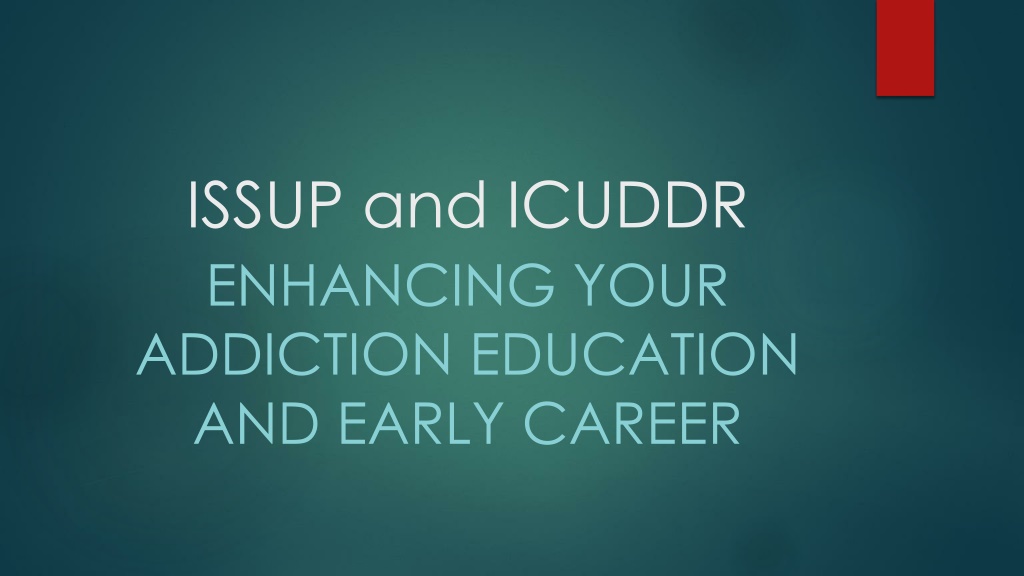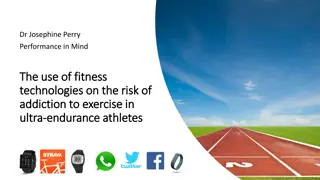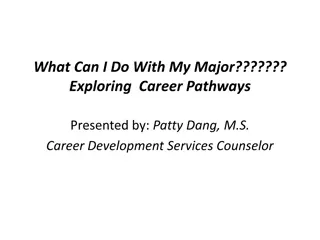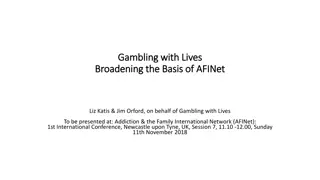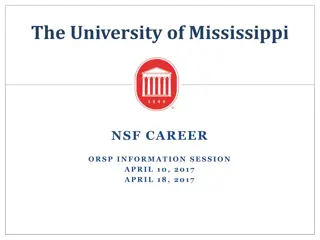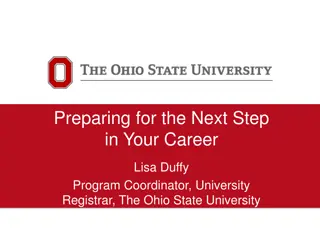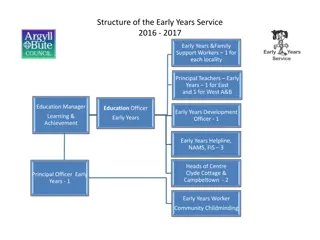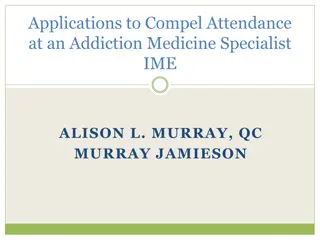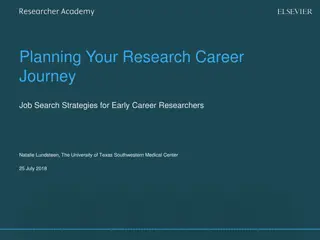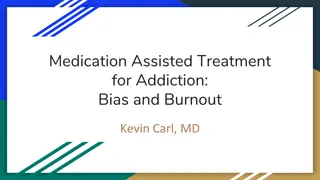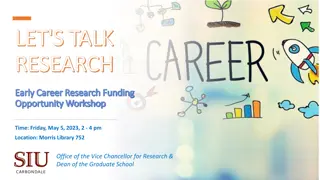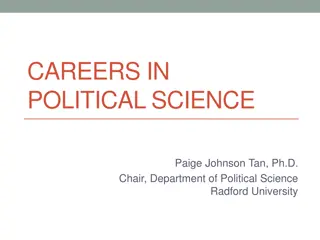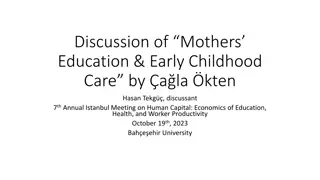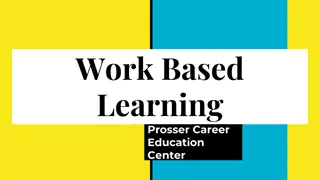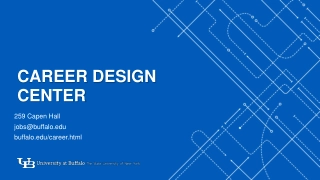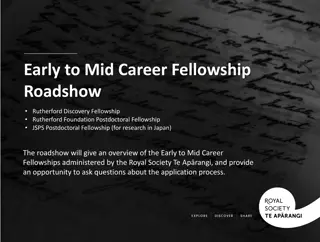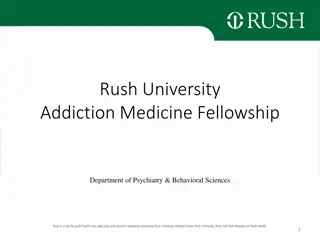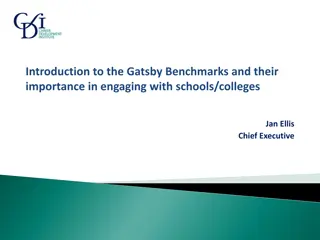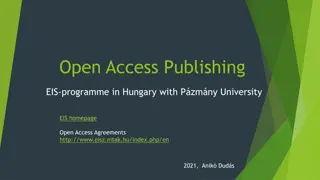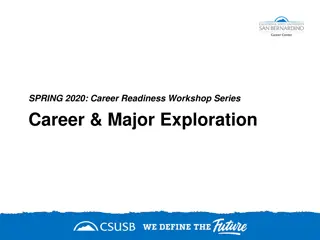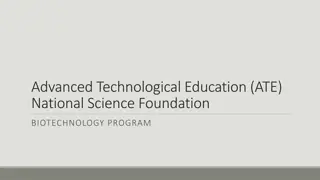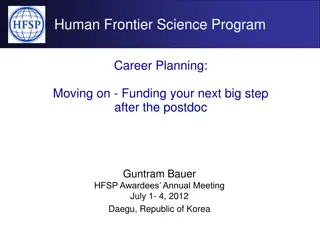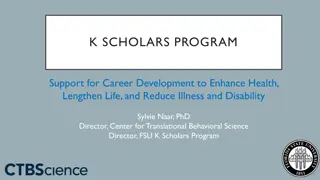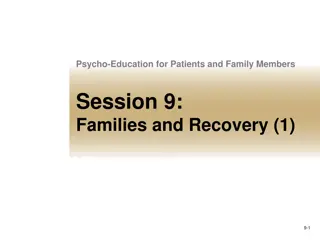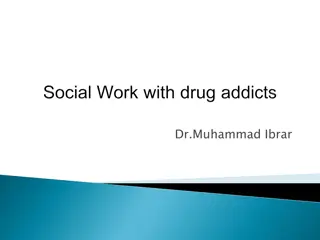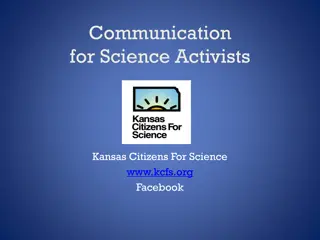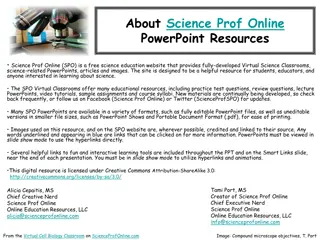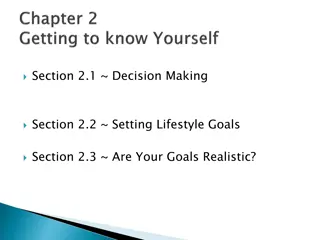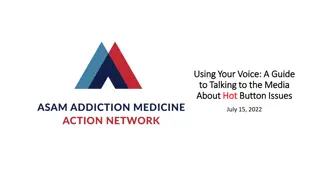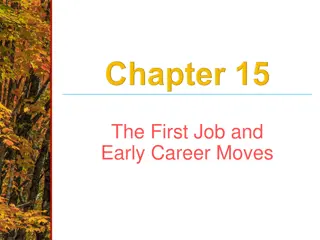Enhancing Your Addiction Education and Early Career: Tips for Publishing Addiction Science Research
Challenges and tips for publishing addiction science research in high-impact journals, the importance of publishing scientific work, what editors look for, key steps before submitting, and common reasons for rejection at triage are discussed in this informative content.
Download Presentation

Please find below an Image/Link to download the presentation.
The content on the website is provided AS IS for your information and personal use only. It may not be sold, licensed, or shared on other websites without obtaining consent from the author. Download presentation by click this link. If you encounter any issues during the download, it is possible that the publisher has removed the file from their server.
E N D
Presentation Transcript
ISSUP and ICUDDR ENHANCING YOUR ADDICTION EDUCATION AND EARLY CAREER
Challenges and Tips to getting Addiction Science Research Published in High Impact Journals. Richard Pates ISAJE Editor, Journal of Substance Use
Useful book for your academic career Publishing Addiction Science, a guide for the perplexed (3rd. Edition) 2017, Edited by Thomas Babor, Kerstin Stenius, Richard Pates, Michal Miovsky, Jean O Reilly and Paul Candon This is available free to download at www.isaje.net
Why is publishing our scientific work important? Provides a forum for communication among scientists Sets intellectual standards in a field Sets the agenda for what to study Provides an institutional memory of a field Brings information to the public Certifies the author s work is authentic Can advance the author s career
What do editors want? High quality work Originality Good methods Good fit for the journal Well written paper
Getting it right before you submit! This is a stage by stage process of writing and submitting your paper The paper will only be as good as the content and the methods you have chosen Remember to read the authors guidelines which are on the website page of every journal Getting simple things wrong like a referencing style or spacing or not anonymising etc will delay the process and frustrate the editor Do not annoy the editor!!
Common Reasons for rejection at Triage Outside the scope of the journal Manuscript type unacceptable Ignores Instructions to Authors Major methodological weaknesses (eg too few subjects) Clear ethical problems Purely descriptive, parochial, no hypotheses, no conclusions. Statistical analysis lacking Nothing new in it.
Responding to Referee Reports Construct a detailed reply to referees, Reply with numbered sections responding to referees points. Make revisions to deal with the major criticisms, then explain why you have not dealt with the rest. Describe each change you make, refer the reader to the relevant page in the revised manuscript. Highlight changes in the text in a different colour. If there are important or major changes recommended that you are absolutely sure are wrong, present a polite, logically argued rebuttal
Ethical considerations What to avoid! Examples 1. Carelessness - Citation bias, understatement, negligence 2. Redundant publication - Same tables or literature review reported without noting prior source 3. Unfair authorship - Failure to include eligible authors, Honorary authors 4. Undeclared Conflict of Interest - Failure to cite funding source 5. Human/animal subject violations No approval from Review Board or Ethics Committee 6. Plagiarism - Reproducing others work or ideas without as one s own 7. Other Fraud - Fabrication of falsification of data, Misappropriation of others ideas or plans given in confidence
Some helpful tips!! Make sure you include a limitations section Make sure you read Instructions for Authors Get colleagues to read your work before you submit- they may spot the mistakes you have made but have not noticed! If your statistical skills are not strong get a colleague with good staisticalskills to check your work Don t make claims in your paper that the results do not show as significant Do highlight the strengths of your paper and why it is important
